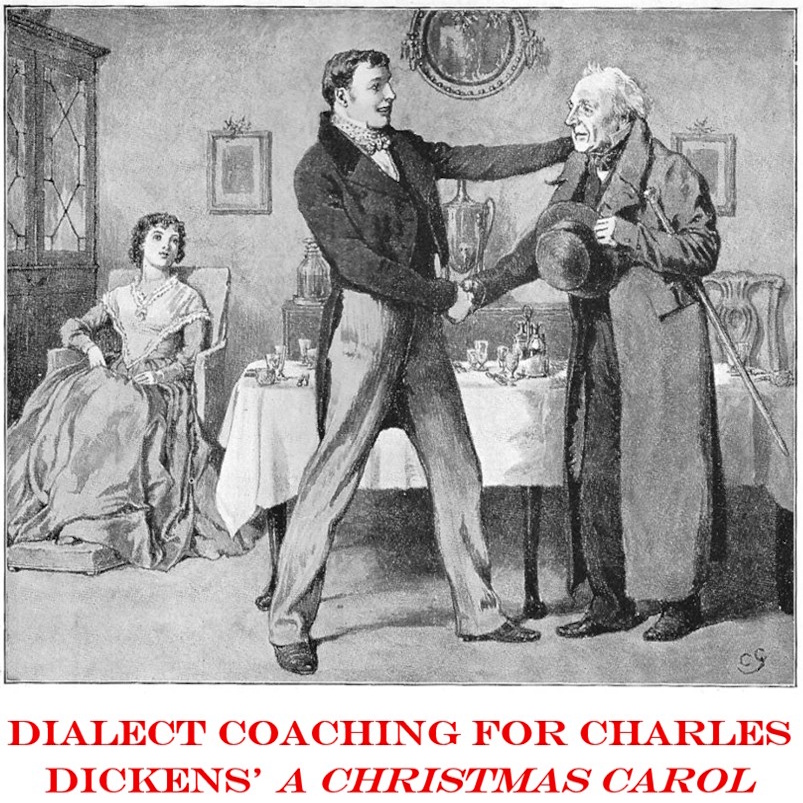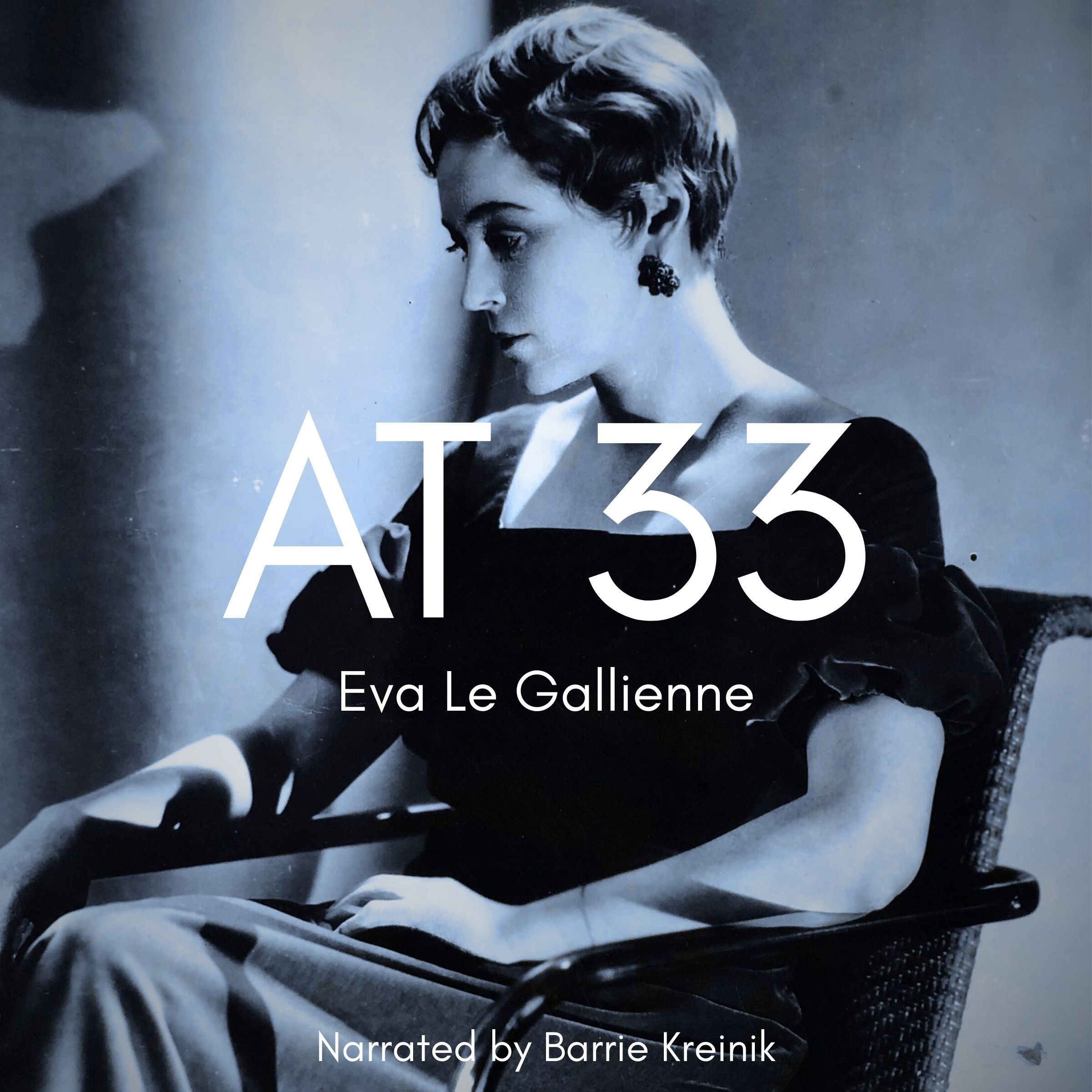New York 4
Listen to New York 4, an 18-year-old man from Brooklyn, New York City, New York, United States. Click or tap the triangle-shaped play button to hear the subject.
Both as a courtesy and to comply with copyright law, please remember to credit IDEA for direct or indirect use of samples. IDEA is a free resource; please consider supporting us.
BIOGRAPHICAL INFORMATION
AGE: 18
DATE OF BIRTH (DD/MM/YYYY): 1982
PLACE OF BIRTH: New York City (Brooklyn and the Bronx)
GENDER: male
ETHNICITY: Caucasian
OCCUPATION: student
EDUCATION: college
AREA(S) OF RESIDENCE OUTSIDE REPRESENTATIVE REGION FOR LONGER THAN SIX MONTHS: N/A
OTHER INFLUENCES ON SPEECH:
The subject’s heritage is Greek and Middle European Jewish. His dialect is a good example of the young, fast-paced, high-energy Brooklyn-ite of the 90s.
The text used in our recordings of scripted speech can be found by clicking here.
RECORDED BY: Elizabeth van den Berg
DATE OF RECORDING (DD/MM/YYYY): 05/04/2000
PHONETIC TRANSCRIPTION OF SCRIPTED SPEECH: N/A
TRANSCRIBED BY: N/A
DATE OF TRANSCRIPTION (DD/MM/YYYY): N/A
ORTHOGRAPHIC TRANSCRIPTION OF UNSCRIPTED SPEECH:
All right (um). I guess my family is far from what you’d call mainstream. I mean, my parents got divorced when I was three, and I lived with my mom. My parents got divorced when I was about 3, and (um) my dad moved away, and I lived with my mom (uh) most of my life. And she (uh) — her family is Jewish, and so most of my (uh) holiday experience have been of the Jewish sort, but my uncle, my mother’s brother, married (uh) a Sicilian woman. And so I always had the Christmas thing going on too. But, one of the most unique things about my family is that (um) every Christmas Eve, my grandparents, and my mother and I, and some friends of our family who is also Jewish … We’d all go to Atlantic City, to spend Christmas Eve in Atlantic City. And, you wouldn’t believe it, but there are a lot of people in Atlantic City on Christmas Eve, but they’re all Jewish or Asian. (Uh) And being the kind of young child that I was back then, I had nothing to do in Atlantic City, because it was all gambling, so I’d really be bored there. And I’d find all kinds of interesting things to do. And then the next day, we’d drive back down the New Jersey Turnpike into Staten Island, where my uncle and his wife and their two kids lived. My two cousins. And we would have the traditional Italian Christmas. With half of the people there being Brooklyn Jews, and the other half being New Jersey Italian people. So, there’s a lot of good stories in that respect. Well, Italian people spend a lot of time at the table after the meal. And there’s a lot of talking and yelling and screaming. And (uh) a lot of Italian people, they, they drink espresso, and they put this liqueur in the espresso. It’s called Sambuca. And my mother is quite fond of this, this little after-dinner drink. So (um) on several occasions she’d have a little too much of this, and there’d be arguments in which my mother would start yelling at certain people, and everyone would just laugh it off. But I would feel like a putz. For sitting there, next to my mother, who’s obviously drunk off her bean, and screaming at the rest of the family. (Um) Let’s see. What else? My cousins. I have two cousins who are (uh) — who are a hybrid of that Jewish Italian thing, but they were raised Catholic. (Um) My first experience of Catholicism was going to my cousin’s first Communion. You know they have to wear the white suits and everything. I’ve taken pictures of them. It was lots of fun, until his nose started bleeding all over the white suit and (uh) — yeah, that was pretty scary. But (uh) he was a really nice kid, very bright. (Uh) His mother puts a lot of pressure on him, ’cause she wants him to be a doctor. And I don’t understand that myself, but she puts– I mean, he’s such a nice kid. (Uh) My other cousin is a girl, and she’s just a brat. They give her everything she wants, and she’s going to grow up to be one of those girls: (falsetto, muffled) “My boyfriend, Anthony, won’t take me to the mall, Ma. I need to go to the mall. I need to go.” So, you know, you live in Staten Island, all you do is go to the mall. It’s either the mall or the dump. That’s all there really is in Staten Island. Couple of… middle income houses, I don’t know. (Uh) Growing up in the part of Brooklyn I– I did, (um) I didn’t really have many friends, who lived around where I did, because I went to school so far from where I actually lived. But (um) a lot of my friends were from Brooklyn, but from different parts, and (um) we would spend a lot of time (uh) hanging out together on the weekends, because we went to dance class together. And (uh) I would say it was during that period in my life that I spent a good four hours a weekend on the subway. And the subway is a very interesting place, because so many different kinds of people are thrust into an environment that nobody feels comfortable in. And y– you kind of have some kind of camaraderie, when, you know, when the train just stops in the middle of the track, and you know, you have 15 minutes of delays when you’re sitting there in pitch black, sitting next to someone who smells like something you-have-no-idea… But (uh), yeah, we would get into a lot of trouble, because we were loud and rowdy on the trains and we– we had our dance classes near Lincoln Center. And (uh) they’re a pretty — bunch of straight people that get on the train at Lincoln Center, you know. And we’d go out to Brooklyn. So we’d make a lot of noise, and people would clear out the car usually, and it was — it was pretty rough. …
TRANSCRIBED BY: Jacqueline Baker and Reginald R. Daniel
DATE OF TRANSCRIPTION (DD/MM/YYYY): 03/10/2007
PHONETIC TRANSCRIPTION OF UNSCRIPTED SPEECH: N/A
TRANSCRIBED BY: N/A
DATE OF TRANSCRIPTION (DD/MM/YYYY): N/A
SCHOLARLY COMMENTARY: N/A
COMMENTARY BY: N/A
DATE OF COMMENTARY (DD/MM/YYYY): N/A
The archive provides:
- Recordings of accent/dialect speakers from the region you select.
- Text of the speakers’ biographical details.
- Scholarly commentary and analysis in some cases.
- In most cases, an orthographic transcription of the speakers’ unscripted speech. In a small number of cases, you will also find a narrow phonetic transcription of the sample (see Phonetic Transcriptions for a complete list). The recordings average four minutes in length and feature both the reading of one of two standard passages, and some unscripted speech. The two passages are Comma Gets a Cure (currently our standard passage) and The Rainbow Passage (used in our earliest recordings).
For instructional materials or coaching in the accents and dialects represented here, please go to Other Dialect Services.
 IDEA: International Dialects of English Archive
IDEA: International Dialects of English Archive




